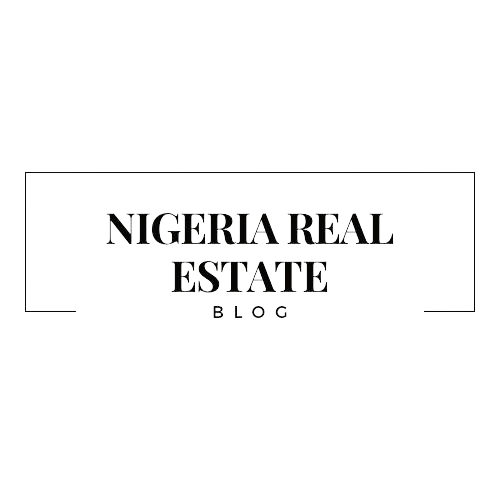Renting a house in Abuja, Nigeria can be an exciting yet challenging experience. As the capital city of Nigeria, Abuja offers a wide range of housing options for individuals and families. However, navigating the rental market requires careful consideration and planning. In this comprehensive guide, we will walk you through the essential steps and provide valuable tips to help you successfully rent a house in Abuja.
- Understand Your Budget: Before embarking on your house-hunting journey, it is crucial to determine your budget. Consider your monthly income, expenses, and the amount you can comfortably allocate towards rent. Remember to include additional costs such as utilities, maintenance fees, and security deposits in your budget calculations.
- Determine Your Preferred Location: Abuja is a vast city with diverse neighborhoods, each offering unique characteristics and amenities. Research and identify the areas that align with your lifestyle, proximity to work or schools, transportation accessibility, and safety. Consider factors such as proximity to shopping centers, healthcare facilities, parks, and other essential amenities.
- Start Your Search: Once you have a clear budget and preferred location in mind, it’s time to start your search for available rental properties. Utilize various platforms such as real estate websites, online classifieds, social media groups, and real estate agents specializing in rentals. Narrow down your options based on your budget and preferences.
- Conduct Property Inspections: Arrange property viewings for the shortlisted houses. During the inspection, pay attention to crucial aspects such as the overall condition of the property, plumbing and electrical systems, security features, and the general neighborhood atmosphere. Take note of any damages or necessary repairs and discuss them with the landlord or property manager.
- Understand Lease Terms: Carefully review the lease agreement before signing any documents. Ensure that you understand all the terms and conditions, including the rental amount, duration of the lease, maintenance responsibilities, and any additional clauses. Seek clarification on any ambiguous or confusing sections and negotiate terms if needed.
- Budget for Additional Expenses: In addition to the monthly rent, be prepared for other expenses. These may include utility bills (electricity, water, gas), security fees, service charges, and community association fees. Factor in these costs to avoid any surprises once you move into your new home.
- Secure Necessary Documentation: To complete the rental process, you will typically need to provide certain documents such as identification (passport or driver’s license), employment verification, references, and sometimes a guarantor’s letter. Ensure that you have all the required paperwork readily available to facilitate a smooth rental application process.
- Move-in and Inspection: Before moving in, conduct a thorough inspection of the property, ideally with the landlord or property manager present. Note any existing damages or issues and document them in writing or with photographs. This will protect you when it’s time to move out and ensure that you are not held responsible for pre-existing problems.
- Know Your Rights as a Tenant: Familiarize yourself with the tenancy laws and regulations in Abuja to understand your rights and responsibilities as a tenant. This knowledge will empower you to address any disputes or issues that may arise during your tenancy period.
- Maintain Open Communication: Maintaining open and respectful communication with your landlord or property manager is essential throughout your tenancy. Report any maintenance issues promptly and seek permission before making any alterations to the property. Good communication can foster a positive landlord-tenant relationship.
Conclusion: Renting a house in Abuja, Nigeria requires careful planning, research, and understanding of the rental market. By following this ultimate guide, you can navigate the process with confidence, ensuring that you find a suitable home that meets your needs and budget







GIPHY App Key not set. Please check settings